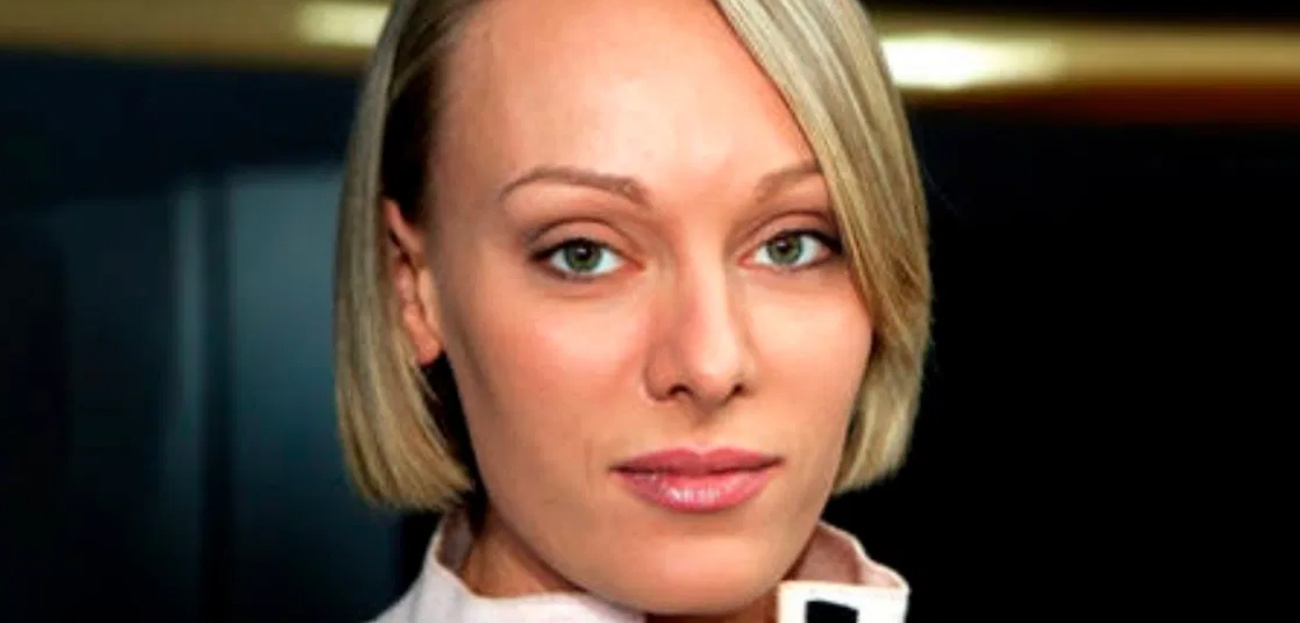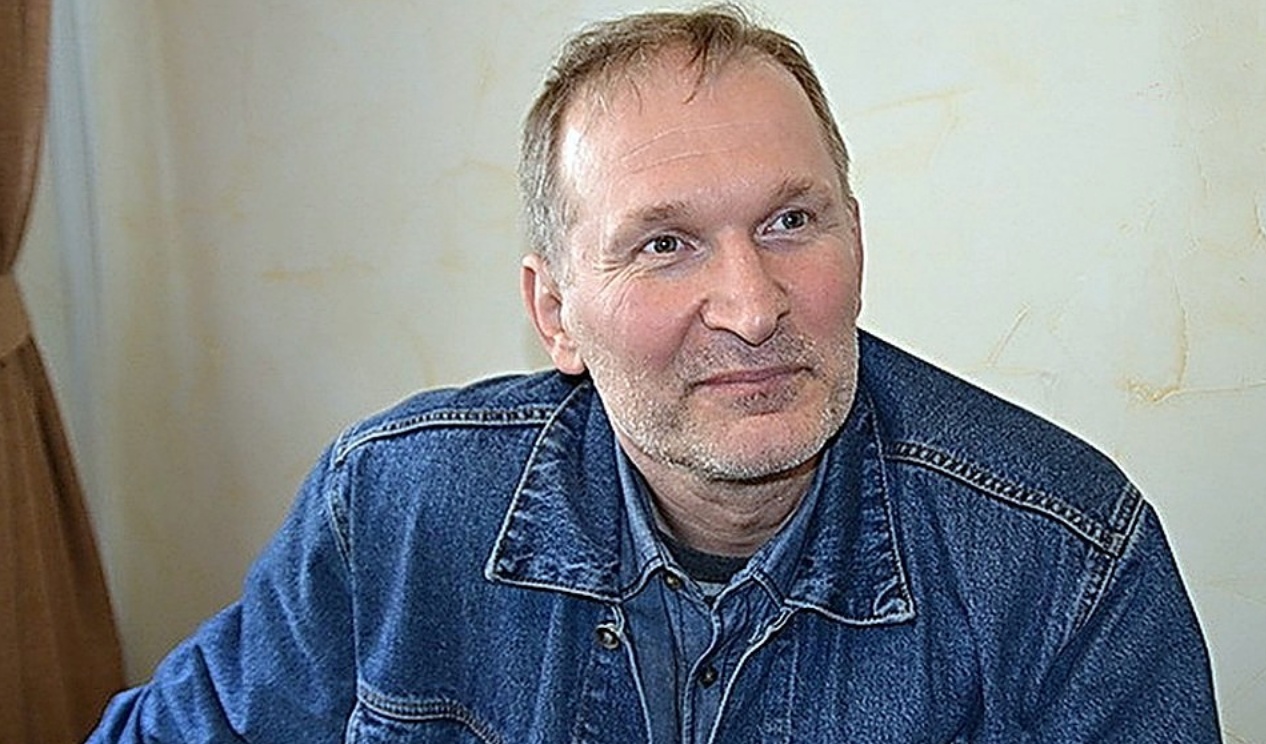Says it makes dinner special. Liam looked at the candles glow, casting gentle shadows. It reminded him of holiday dinners growing up, tables full of food, but silent, cold, formal meals with silver and crystal, but no laughter.
Anna quietly refilled his plate. When he started to protest, she waved him off. You look like someone who hasn’t had a proper meal in a while, she said kindly.
Liam said nothing. She was right, but not the way she thought, because for the first time in years, he realized it wasn’t food he had been hungry for. It was this, a small table, a warm plate, two people who weren’t asking for anything in return.
As he sat in that modest kitchen, a man of wealth and influence among crayon drawings and paper stars, Liam felt something settle inside him, something that had long been drifting, unsure where it belonged. And when Sophie leaned against her mother and looked up at him with sleepy eyes and a quiet smile, like he had always been meant to sit at that table, Liam felt something unfamiliar rise in his chest. Hope.
After dinner, the dishes were cleared in quiet collaboration. Liam offered to help, but Anna only smiled, shaking her head gently. You’re the guest tonight, she said, stacking the plates carefully in the tiny sink.
Sophie had fallen asleep on the couch, curled up beneath a fleece blanket, her cheeks still flushed from excitement and cake. The apartment felt even smaller now, but cozier. Outside the window, snow fell in lazy spirals, painting the city in silence.
Liam sat back down at the table, his suit jacket folded over the back of the chair, his hands resting idly in front of him. He did not want to leave yet, not because he owed them anything, but because something here made it hard to walk away. Anna finished rinsing the last plate, wiped her hands and joined him again.
She poured two mugs of tea, cheap, overly floral, but Liam welcomed the warmth. She’s a good kid, he said softly, nodding toward the sleeping Sophie. She’s everything, Anna replied, her voice quieter now.
There was a pause, then Liam asked, how long have you been on your own? Anna looked down at her cup, tracing the rim with her finger. Since I was twenty-one. Liam waited.
I was in college, she said, studying education, wanted to teach literature, maybe run a classroom with paper stars on the ceiling. I met someone, older, charming, said all the right things, and I believed him. He heard the unspoken words in her tone, believed him, got pregnant, was left behind.
My parents weren’t thrilled, she continued. They said I was throwing my life away. When I said I was keeping the baby, they said they couldn’t support my decision.
I moved out two days later. She took a sip of tea, her gaze fixed on nothing in particular. I waited for him to come back, he never did.
You raised her on your own? Liam asked. Anna nodded. I’ve waitressed, cleaned houses, answered phones, whatever pays the bills, but I never regretted Sophie.
There was no bitterness in her voice, no anger, just tired honesty and the resilience of someone who had no choice but to keep going. Liam stared at her, quiet. Her story was nothing like his, yet somehow it resonated.
You ever get angry? He asked, surprising himself with the softness in his voice. At life? At them? Anna met his gaze. Of course.
But I learned something early. Anger eats more than it feeds. It doesn’t fix what’s broken.
Then, with the faintest smile, there’s no point blaming the weather, you just find a better coat. He let out a breath that was almost a laugh. Then he said, my family’s rich, like private jets, gala dinners, legacy name on buildings rich.
But my mother hasn’t hugged me since I was 10. My father sees me as a failure because I didn’t take over his empire. I started my own company when I was 18 and didn’t speak to them for three years.
Anna didn’t respond immediately. She listened, really listened. And when he finished, she reached across the table and gently placed her hand over his.
Maybe they love you, she said. They just never learned how to show it. Liam’s eyes searched hers.
There was no pity in them, only warmth and a quiet kind of understanding that unraveled something deep inside him. He nodded once. For years, he had hidden that wound beneath layers of success and control.
And now here it was, seen and soothed, not with solutions, but with compassion. In a tiny kitchen lit by the last flickers of a candle, Liam felt the world shift again, not in grand gestures, but in a woman’s calm voice, a cup of tea and a hand that said, you are not alone. And somehow that was enough.
The days that followed were quieter, slower and strangely warm despite the biting winter air. Liam began stopping by more often, not out of obligation and certainly not out of curiosity anymore. Something had shifted in him that night over tea and candlelight.
And now the small apartment with the mismatched plates and the paper Christmas tree felt like the one place in the city where he could breathe. Sometimes he brought small things, a box of pastries from a bakery downtown, a children’s book Sophie might like. One afternoon, he noticed the kitchen light flickering and returned the next day with a new bulb and a step stool, insisting on fixing it himself.
Anna always thanked him. He always waved it off. I’m not doing this to be polite, he said once.
After helping her carry a box of laundry up the stairs, I’m doing this because I want to. Anna smiled, her eyes softening. Their conversations grew longer, easier.
Sometimes they’d talk while Sophie played nearby, building towers out of cereal boxes or drawing Liam in crayon with a comically large nose. Other times, Liam would help Sophie with her puzzles while Anna prepared dinner and the three of them would eat together like it had always been that way. One late afternoon, snow began to fall heavily.
Liam called to say he would stop by just to bring a few things he thought Sophie might like. He arrived at their door with a small paper bag and a familiar glint in his eyes. Anna opened the door, surprised.













